A one-day workshop
This stimulating and challenging programme is designed to demonstrate the bond between, on the one hand, planning around stakeholders’ needs and, on the other hand, the essential accounting issues of risk management, budgeting and cost control.
Financial statements, strategic reports, the business model – these do not exist alone. They arise from business’s operations. The CEO, CFO, executives (and auditors) have more responsibility than ever to understand and be able to demonstrate the links. In short – to be able to honestly explain a business’s purpose.
This session gives boards the opportunity to join up the dots and to review the way in which they use the variety of tools and techniques available to them in a way that ensures common purpose at board level and thus across the organisation.
It is an opportunity, in particular, to ensure recognition across the board team that responsibility is collective and that budgeting, cost control, risk management, strategic planning and reporting is an integrated process.
Session outline
This is an indicative agenda – a starting point for a conversation with you. Ralph would be happy to tailor it to your precise requirements.
1. Purpose
- More than simply returns
- Linking purpose to strategy, budgeting, tactics and ROI – and linking budgets to purpose
2. Strategy
- Optimising corporate strategy – is your business sustainable?
- Risk analysis
- Realistic forecasting
- Responsive budgeting
3. Risk
- The need for risk analysis
- Understanding the risks of poor forecasting, planning, budgeting and cost control
- Creating, not destroying, value by efficiently allocating risks (especially in times of uncertainty)
- How and what can be done to minimise risk?
- Doing business differently
- Cost management and effective business decision-making
- Key costing techniques and overview of costing principles
4. Data
- Mining your data for improved forecasting
- Data analysis and what it can reveal
- Trend analysis
- Leading indicators
- Judgmental forecasting
- Reversing the negative impact of incorrect forecast results
5. Budgets
- The budgeting environment – does it align with your culture and purpose?
- Making your culture work for you – Reporting and accountability
- Zero Based Budgeting (ZBB)
- Improving your risk assessment, planning and budget process
6. Performance improvement
- Dealing with continuing change
- Implementation of cost optimisation
- Commercial, technical and financial appraisals that lead to business success
- Delivering your purpose whilst adding shareholder value
- Monitoring and measuring your risk assessment, planning and budgeting processes
- Designing reports to improve budget management skills for better business
- KPDs or KPIs?
- Improving operational issues – collaboration and sustainability










